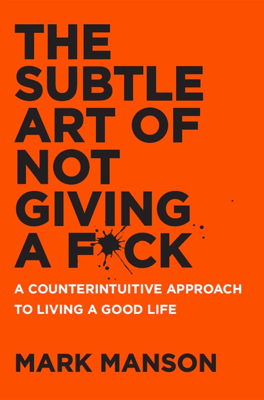You Are Not Special
You Are Not Special
The story begins with the tale of Jimmy, a man constantly embarking on new business ventures without actual accomplishments, heavily fueled by the high self-esteem movement of the late 20th century. The movement, aimed to boost people's self-perception, unfortunately, led to a generation of individuals like Jimmy: entitled, overconfident without substance, and ultimately, unsuccessful in bringing real value or progress to their lives or to society.
From Jimmy’s story, the narrative shifts to a broader critique of this self-esteem movement’s failure. The concept built on encouraging unconditional self-esteem may have contributed to a culture of entitlement rather sapping the motivation to face real challenges or acknowledge personal flaws. Jimmy’s failed ventures illustrate how an unfounded sense of self-worth can detach individuals from reality, leading to a cycle of delusion and eventual failure.
The chapter then explores entitlement in the context of societal impacts, demonstrating how the excessive focus on positive self-view overlooks the importance of dealing with life's negatives. An unbalanced focus can inhibit personal growth, essentially because it shields individuals from recognizing and addressing their limitations and failures.
A shift to a school scenario featuring a false drug accusation explores how unwarranted self-belief, when tested by real-world challenges, fails to hold up, demonstrating the fallacies of an overly coddled mind. This example extends the discussion on how facing adversity is crucial for personal development, contrasted against an upbringing overly focused on shielding one from harm or failure.
Further details explore the modern implications of entitlement, as seen through prevailing attitudes in educational settings and wider societal contexts. The narrative points out the dangers of a culture that preaches exceptionalism as a standard, which paradoxically leads to more people feeling insecure and insufficient due to the impossibility of everyone being exceptional.
The chapter concludes with a poignant critique of the notions of exceptionalism and high self-esteem without merit. It argues for a return to recognizing the value of average experiences and achievements that genuinely enrich life—a counterintuitive stance in a world increasingly obsessed with standing out. The real path to personal growth and satisfaction lies not in a relentless pursuit of being special or above average but in embracing ordinary life challenges and joys. These mundane experiences, often overlooked, are what truly shape a meaningful existence.
